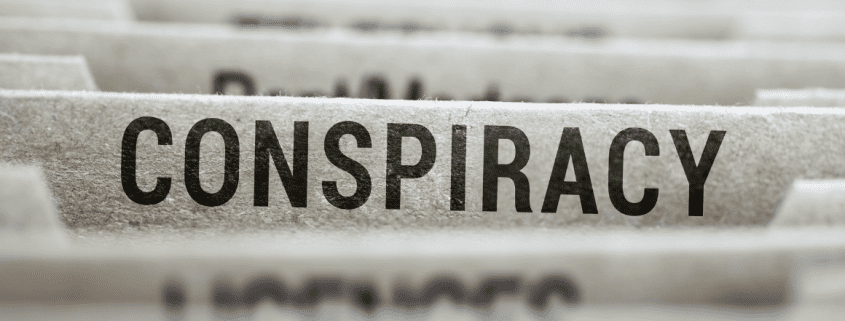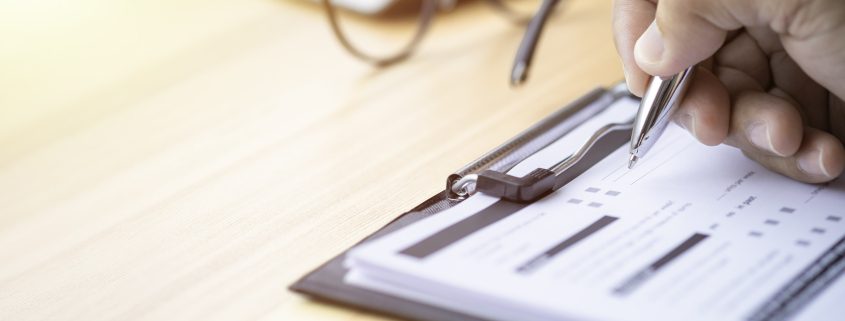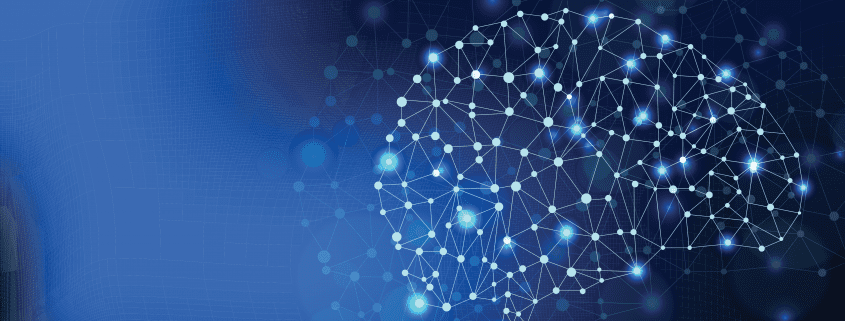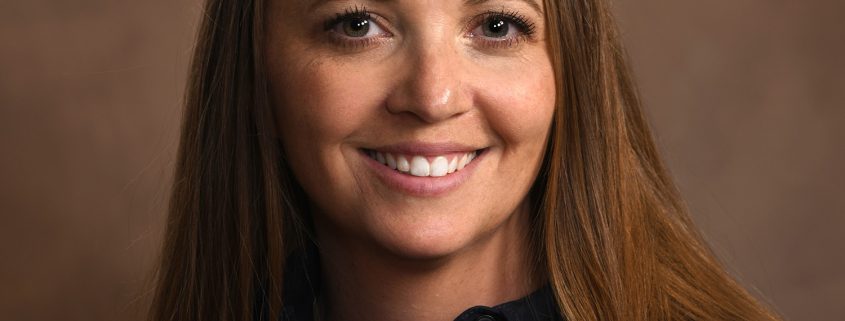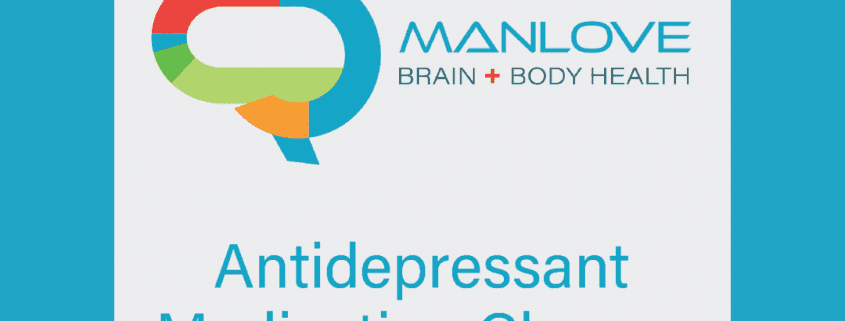How Medical Marijuana Affects Mental Health
Due to its relaxing effects, it is commonly assumed that cannabis is helpful for people with anxiety. While cannabis can induce a temporary reduction in anxiety, once the immediate effects wear off, people typically experience an increase in anxiety. In fact, regular cannabis use may slowly ramp up anxiety between each use.
Cannabis is a depressant and is known to worsen depression. At Manlove Brain and Body Clinic, we have seen depression decrease and motivation increase for many patients when they stopped using cannabis. Marijuana also worsens many other mental health conditions such as ADHD, bipolar disorder, and any psychotic disorders, including schizophrenia.
Marijuana and Stimulants
Using marijuana in combination with a stimulant such as Adderall can be dangerous. When you combine marijuana with a stimulant, the effects can cancel each other out and increase the need for both drugs to have the same effect. This can become a dangerous cycle, as marijuana can be mildly addictive. By taking higher doses, you may be at greater risk of developing an addiction.
How often does marijuana addiction occur? The age at which you begin using marijuana can greatly affect your chances of becoming addicted. 1 in 6 people will become addicted to marijuana if consumption begins before the age of 18, while 1 in 10 people will become addicted if consumption begins as an adult (SAMHSA).
Use Caution
Anyone who chooses to use marijuana should use caution, as it can have unpredictable consequences, including worsening anxiety, panic attacks, and paranoia. Effects may vary greatly from person to person and between uses. Marijuana usage is linked to depression, anxiety, suicidal thoughts, and psychotic episodes (SAMHSA).
Special Considerations for Marijuana Users
If you are currently taking stimulants or have been diagnosed with psychosis, you should refrain from marijuana use altogether. If you have another mental health disorder, it is best to avoid marijuana use. If you do choose to partake, keep consumption to occasional use only because regular use is likely to worsen your mental health condition(s).
In addition to a heightened potential for addiction, marijuana can have serious long-term effects on the teenage brain. Since the brain does not finish developing until approximately the age of 25, marijuana use can affect normal brain development if used too early. Early marijuana use can lead to permanent problems with memory, learning, and judgment.
If you or someone you know is struggling with addiction, please reach out to your family physician or a substance abuse specialist as soon as possible. View the South Dakota Department of Human Services’ list of local resources for drug and alcohol addiction.
Our Practice
For sustained relief for depression, anxiety, PTSD, or other mental illness, your mental health provider will likely recommend terminating all marijuana usage.
At Manlove Brain and Body Health, our professional standard is not to mix cannabis and certain medicines. Cannabis, even for medical use, can aggravate mental health conditions, such as ADHD, anxiety, and depression (as do alcohol and stimulants). An important part of what we do is manage medications for patients, which means choosing the best combinations for patient wellness.
Our mental health providers work with you to maximize your whole body health. We work to get to the root of your psychiatric condition by incorporating holistic practices such as lifestyle modifications and vitamin/mineral supplements to ensure that your brain functions optimally. This also includes removing potential triggers and managing medications to ensure that you have an optimal combination that will provide the maximum benefit with the least amount of medications necessary. Covering up symptoms with medications or drugs will only result in a need to increase the amount of medication you are taking over time to have the same therapeutic effect.
If you or someone you know is struggling with anxiety, depression, ADHD, PTSD, psychosis, or bipolar disorder, we can help. To schedule an introductory appointment or to learn more about how we can help, give us a call: 605-348-8000.




